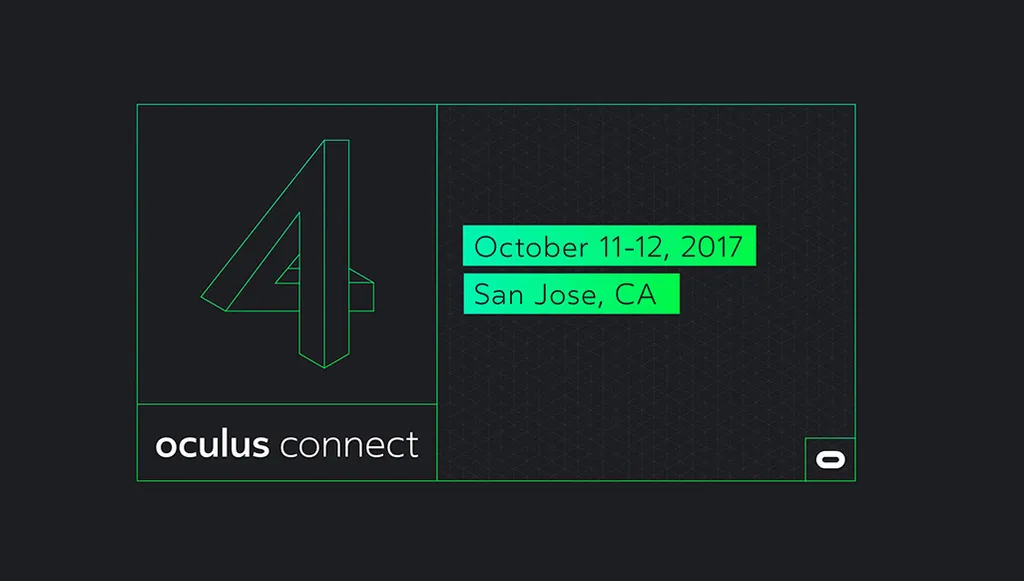Microsoft is poised to release a series of PC-powered VR headsets and Google is about to launch the Pixel 2 with an upgraded Daydream View. But neither company took the opportunity with recent announcements to detail VR’s next steps. Both tech giants were clearly focused on making the most of the holiday shopping season.
This makes sense, and Facebook’s Oculus is likely to follow suit to a certain extent with a rundown of its holiday 2017 offering across PC and mobile. But unlike Microsoft and Google, Facebook is poised to outline a future for VR (and AR) free of current paradigms. Last year, Facebook CEO Mark Zuckerberg took the stage to make a series of announcements and demos showcasing the company’s financial support of developers and its pursuit of shared experiences inside virtual worlds. Zuckerberg confirmed in a presentation this week using Facebook’s Spaces that he’ll be making a presentation again this year, though he might have to be careful with his tone as there was significant backlash to his appearance as a cartoon standing in a devastated Puerto Rico.
For Zuckerberg, VR represents a fresh start for his company and a chance to own its future by delivering products directly to consumers. This could give Facebook a direct relationship with consumers that bypasses existing operating systems like Android and Windows to reach people. In contrast, both Google and Microsoft are driven by the company’s existing partnerships and operating systems. Microsoft, for example, is being less than forthcoming about its plans to include VR in the Xbox One X while Google is far more focused on fostering its own product line than in promoting those of partners, like the forthcoming standalone headset from HTC.
This leaves Zuckerberg in a position to lay out a vision for the future of VR and AR that stands on its own.
Oculus has done as best as can be expected adapting VR to the existing PC and mobile ecosystems — with Google and Microsoft quickly following. Last year, Zuckerberg made clear the company is pursuing a standalone VR system and we got the chance to try out the Santa Cruz prototype. Earlier this year news leaked the company was pursuing a lower end $200 headset that could stand on its own in the same category as Gear VR.
We are approaching the reality of the first standalone systems becoming feasible as we move into 2018. As this transition occurs, Zuckerberg is free to make decisions about the technology that aren’t tied to existing computing paradigms. If he outlines this plan in any way — with VR as a powerful standalone communication, education and entertainment device — we will start to truly understand the value he got out of the $3 billion acquisition of Oculus.
The Oculus Connect 4 keynote kicks off at 10 am Pacific on Oct. 11. It should be streaming on the Oculus Connect homepage.































